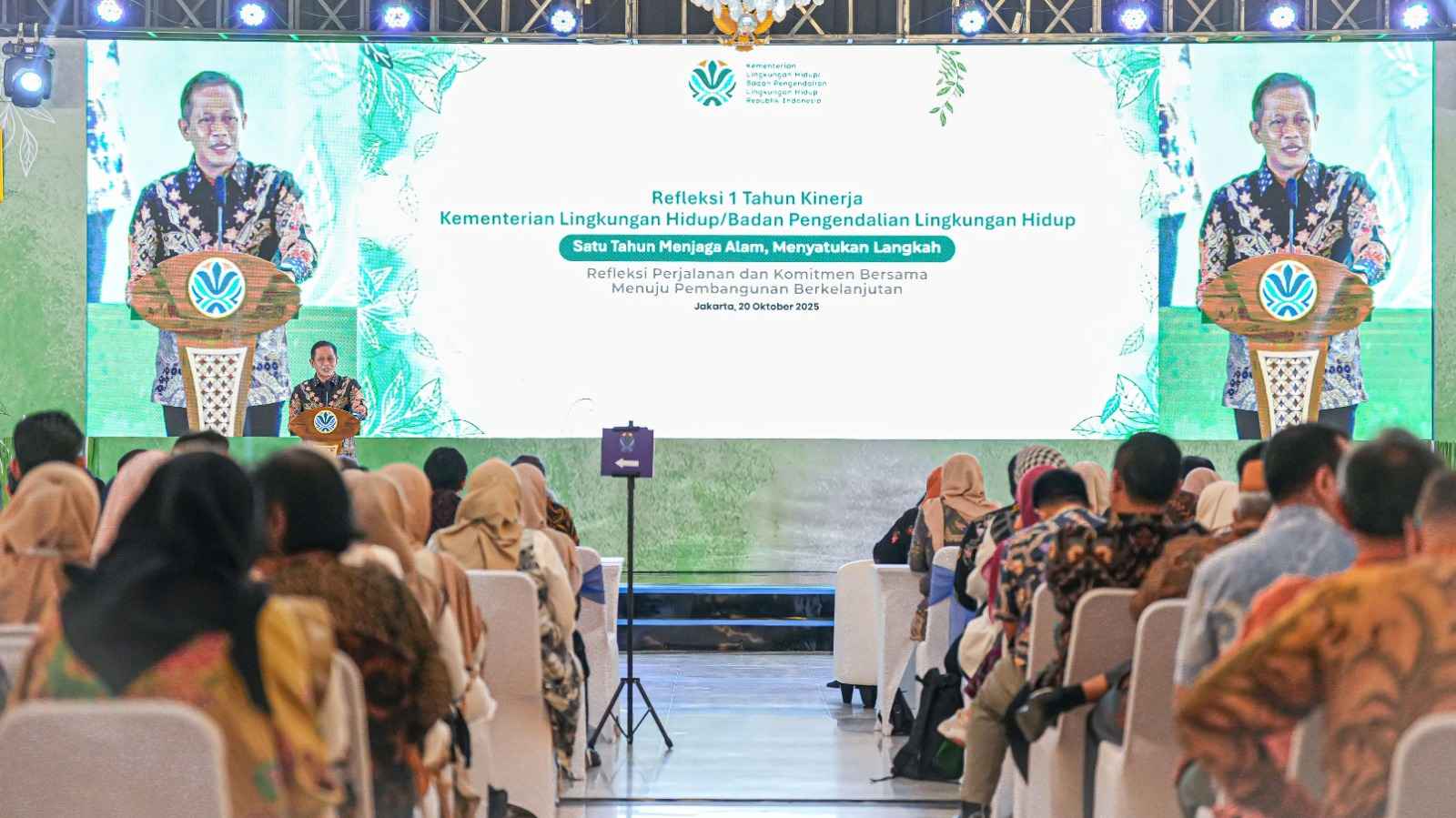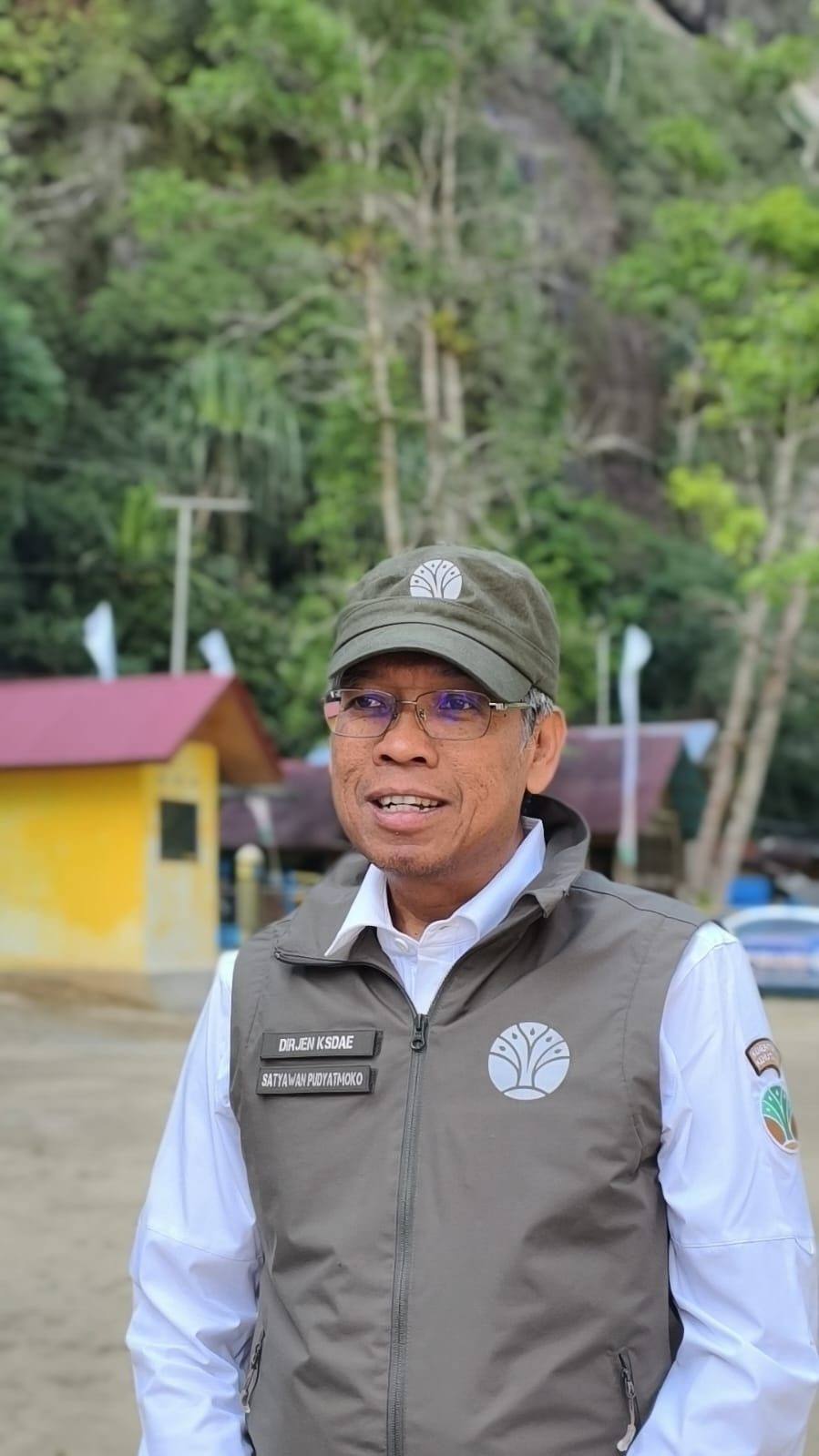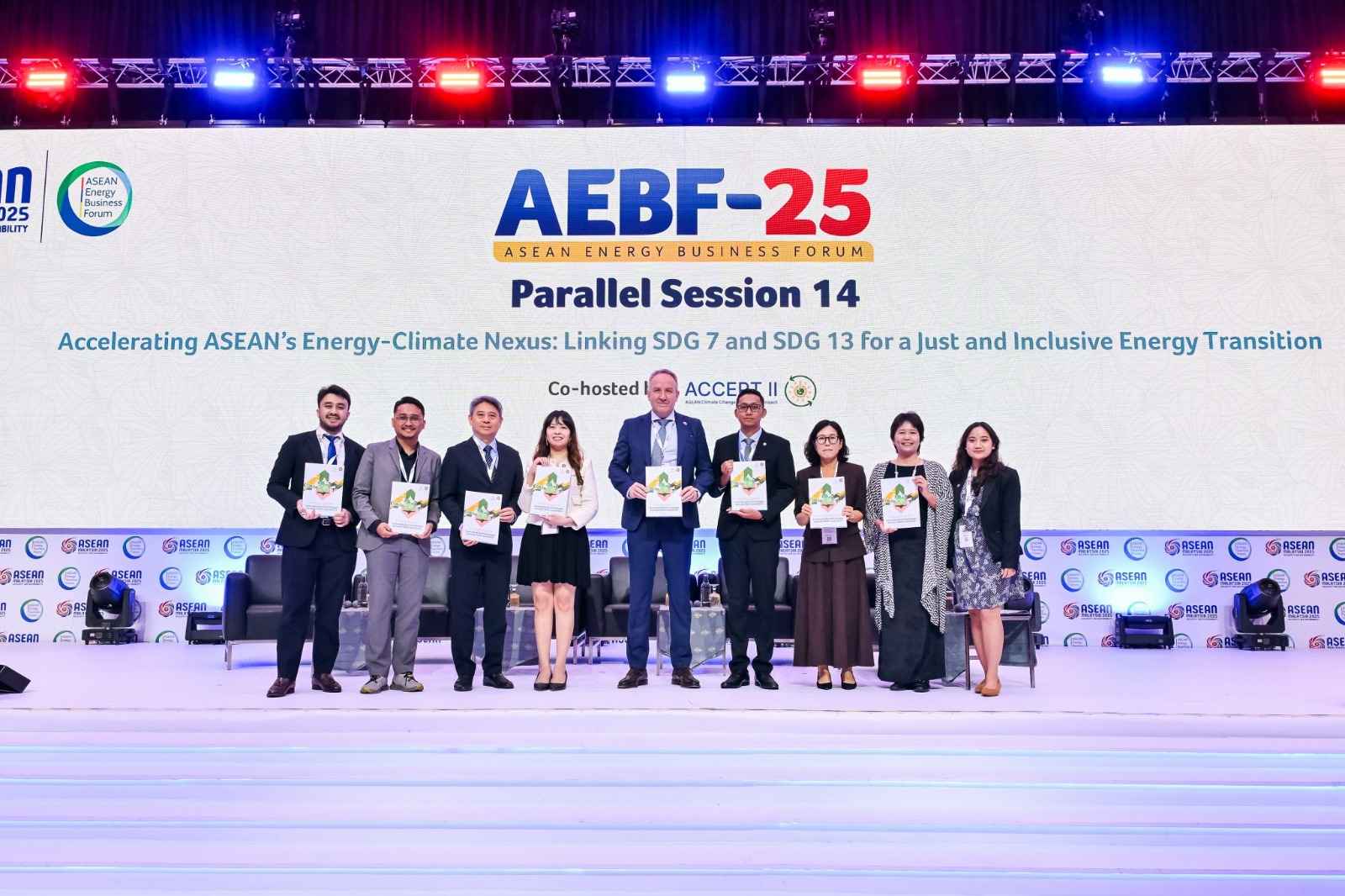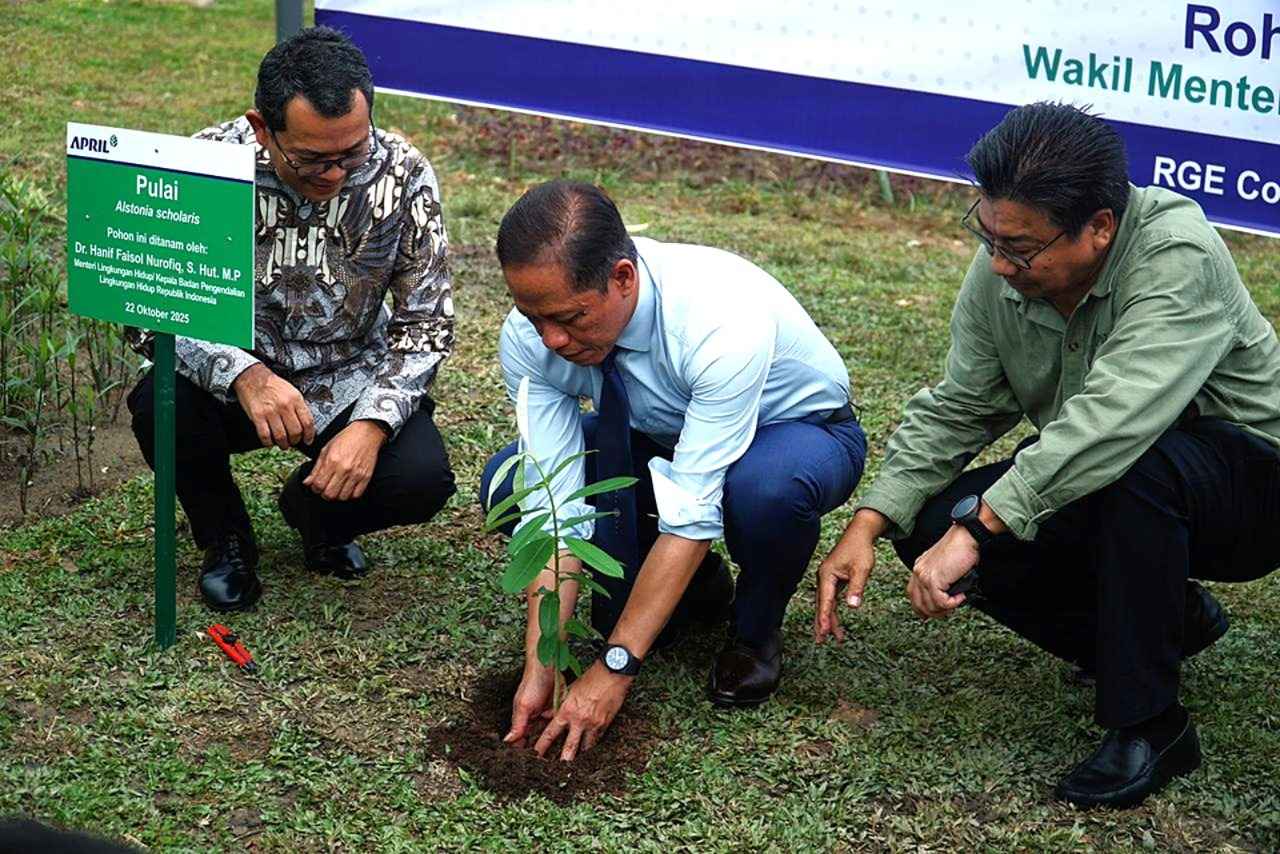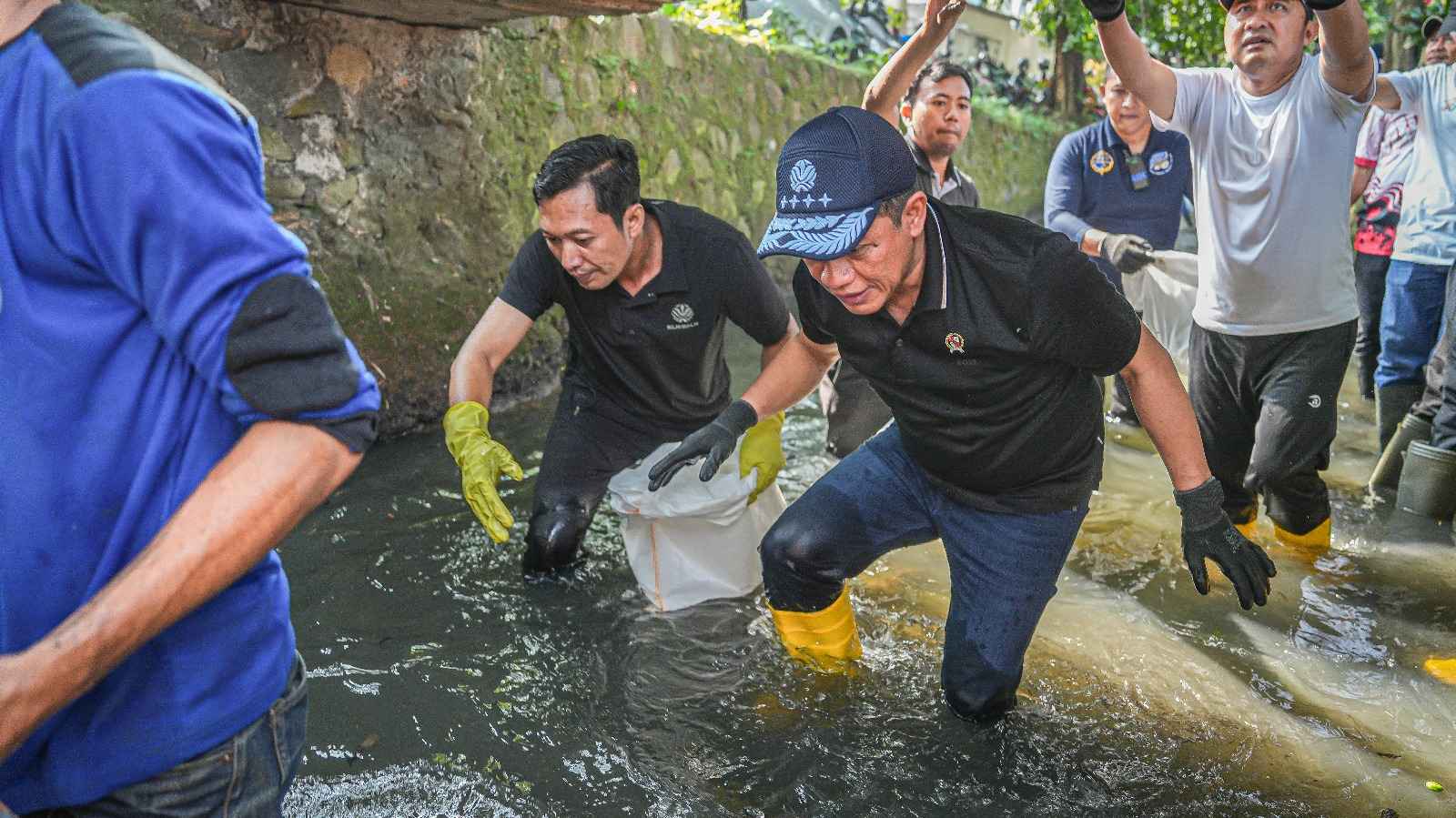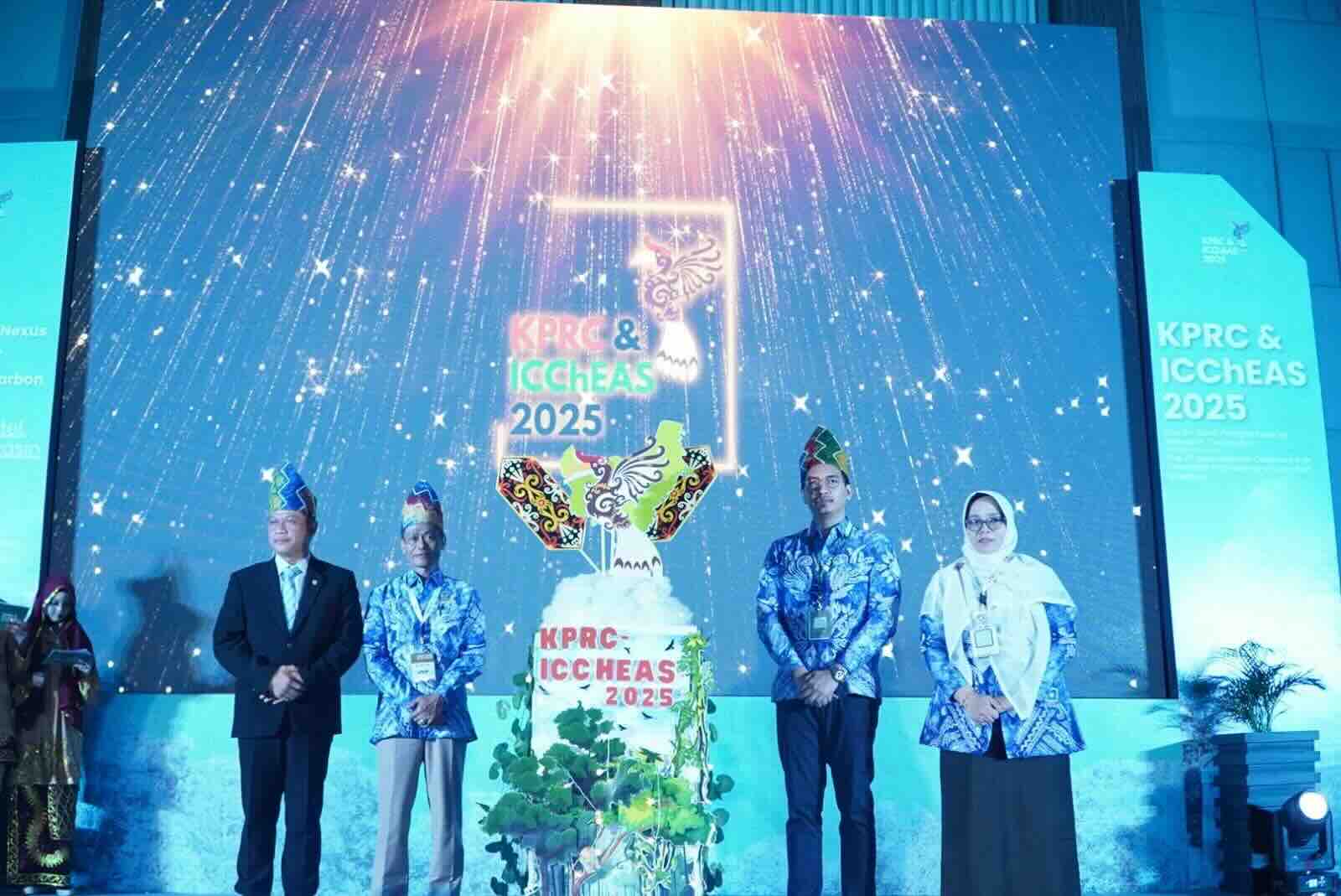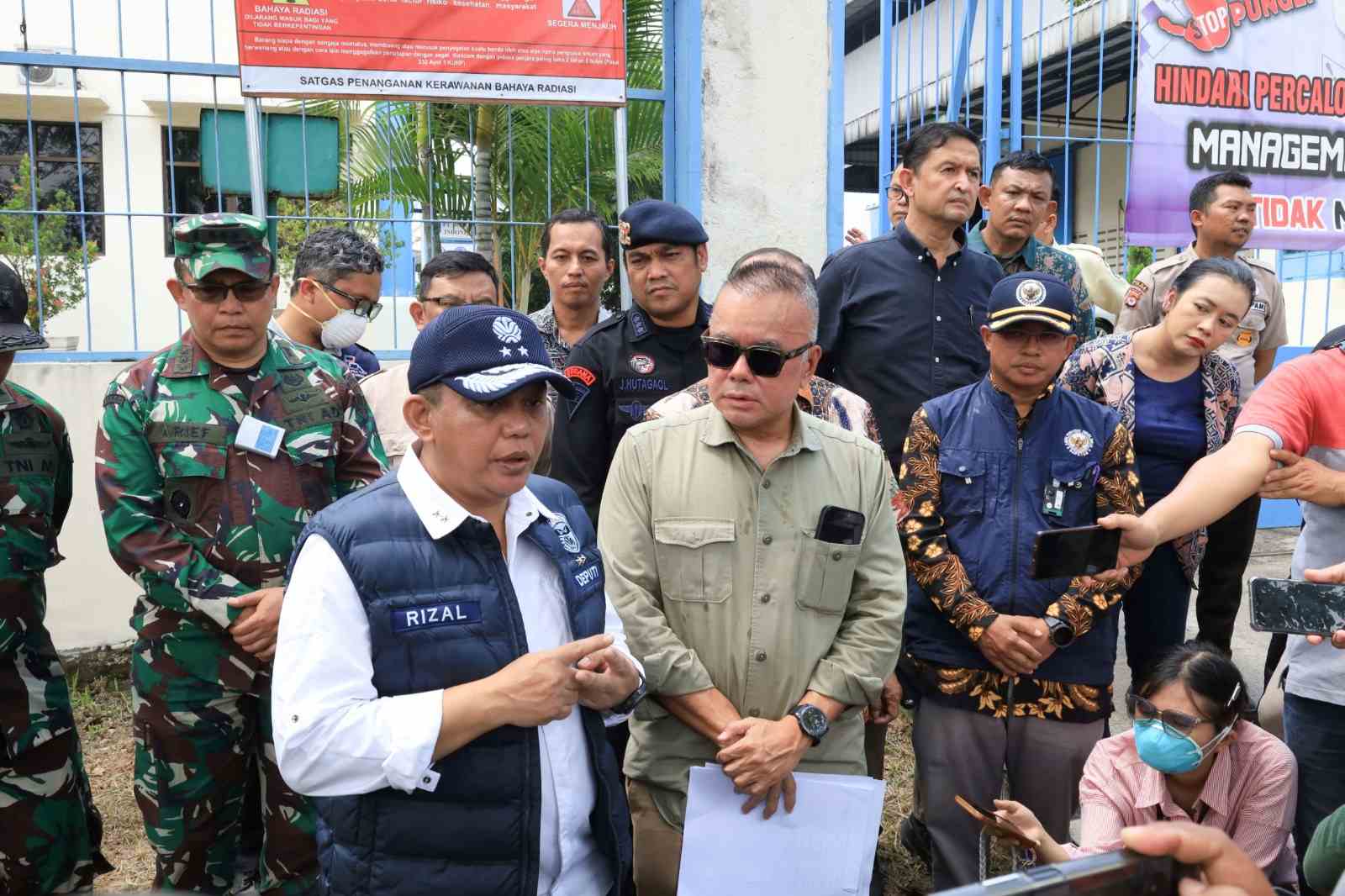Enviro News Asia, Jakarta — The Ministry of Environment has made significant progress in waste management over the past year through the policy “End Open Dumping: Build a Civilization in Harmony with Nature and Culture.” A total of 246 out of 343 open dumping landfill sites have been closed or revitalized.
“This achievement represents a 21.85% reduction in the national waste volume, equivalent to around 12.37 million tons per year,” said Minister of Environment Hanif Faisol Nurofiq during the Reflection on One-Year Performance of the Ministry of Environment (KLH) 2025 event at Taman Mini Indonesia Indah (TMII), Tuesday (October 21, 2025). The initiative is aligned with President Prabowo’s National Medium-Term Development Plan (RPJMN) targets—51% waste reduction by 2025 and 100% by 2029.
Minister Hanif explained that the progress has been strengthened by the establishment of the Waste Crisis Center (WCC), which integrates real-time monitoring of landfill capacities and rapid response to waste emergencies. He emphasized that the accelerated waste management policy is now transforming toward an energy-based system.
“We have designated more than 160 regencies and cities as waste emergency areas to accelerate the development of waste-to-energy facilities. This ensures that every sector can act swiftly and in a measurable way,” Minister Hanif stated.
The transformation focuses on energy-based waste management through the construction of Waste-to-Energy Power Plants (PSEL) in seven key regions. This initiative represents a tangible step toward green energy transition and directly contributes to Indonesia’s Second Nationally Determined Contribution (NDC), which will be presented at COP30 in Brazil.
“The Second NDC is being finalized to align with national development policies. We are not backsliding; instead, we are raising our ambitions so that all green financing instruments, including waste-to-energy and PSEL projects, can be integrated swiftly,” Minister Hanif added.
Globally, Indonesia is now recognized as a key player in the carbon market. Through the Indonesia Carbon Exchange, national transaction values have surpassed IDR 30 billion, strengthening climate diplomacy and supporting the financing of the transition toward clean energy. (*)




